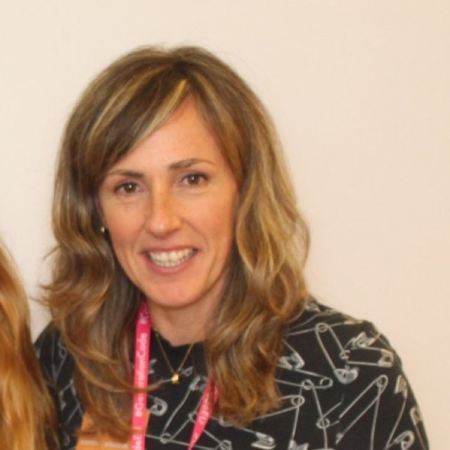Isabel Crespo
Audience Engagement
Former Business Development Coordinator, Education
Europeana Foundation
Netherlands, NL
Isabel develops partnerships with relevant players on the educational market, including ministries of education, commercial and noncommercial educational organisations.

